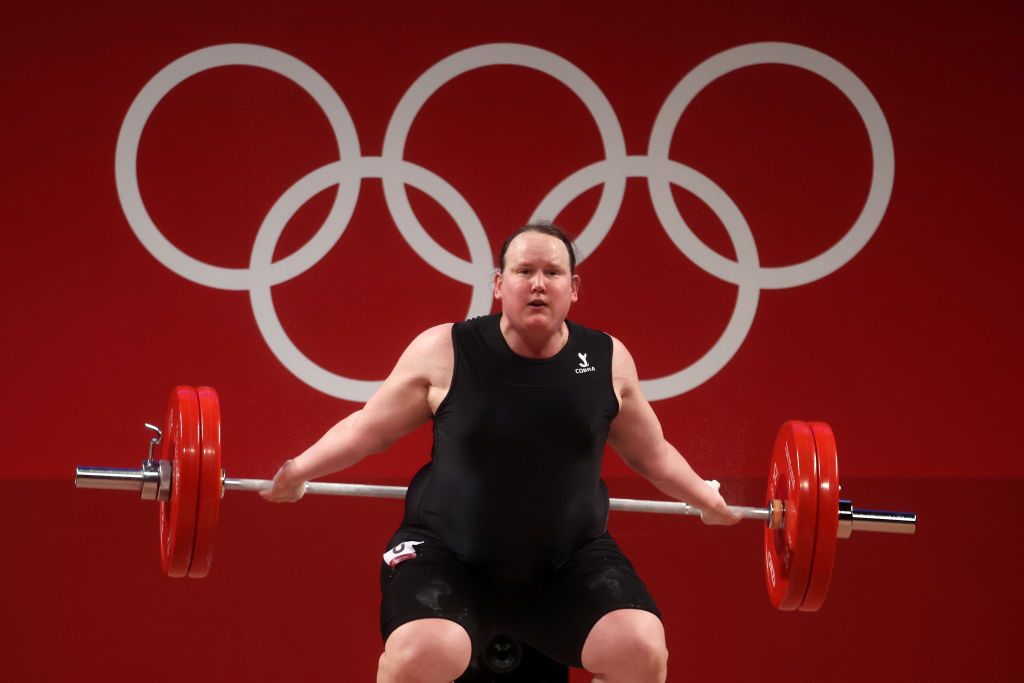
Compared to earlier regulations, trans athletes are subject to more restrictions in the years leading up to the Paris 2024 Olympics. This is as a result of the new finding that in order to avoid unfair advantages, they must have completed their transition before the age of 12.
Greater obstacles must be overcome by transgender athletes in order to qualify for the upcoming Olympic Games, which will be held in Paris from July 26 to August 11. The change may need to be completed before the age of 12, as doing so later could give cisgender female competitors an unfair advantage.
It’s important to remember that New Zealand weightlifter Laurel Hubbard was the first openly transgender athlete to compete in the Olympics. She made history as the first openly transgender athlete to compete in the Olympics three years ago at the Tokyo 2020 Olympics (held in 2021 as a result of the Covid-19 pandemic). Her performance in the women’s over 87-kilogram category, however, was subpar. She participated in the 32nd edition of the modern era Games at the age of 43, but despite three unsuccessful lift attempts, she was only able to compete for 10 minutes.
Hubbard and other transgender athletes who may have previously qualified are not eligible to compete in the 2024 Olympics in Paris. According to a review, there is little to no room for interpretation in the restrictions on trans athletes’ participation, which have gotten stricter since the last Olympic Games.
Prior to their first competition, the International Olympic Committee (IOC) had issued guidelines allowing transgender athletes to compete as women as long as their testosterone levels were below 10 nanomoles per litre. The requirements have changed, though, to avoid disadvantaging transgender women.

The World Athletics Council, the organization in charge of athletics, barred those who had entered puberty from competing in high-level female competitions in March. The International Swimming Federation (FINA), which only permits trans female swimmers who have transitioned before the age of 12 to compete, adopted this ruling in 2022.
According to federation president Sebastian Coe, a two-time Olympic champion (1980 and 1984), the World Athletics Council stated the “overarching need to protect the female category.”
Similar sentiments were also expressed by the chairman of FINA when they adopted their new “gender inclusion policy.” This does not imply that individuals should transition before the age of 12. According to James Pearce, a spokesman for FINA leader Husain Al-Musallam, transitioning after puberty gives you an advantage that is unfair.
In a similar vein, transgender individuals who reached puberty have been prohibited from participating in women’s sports by the International Cycling Union (UCI). For those who do not adhere to the new female standards, a new “men/open” category has been created.
Obviously, transgender athletes have reacted negatively to the new female athlete protections because they could have previously competed against cisgender female athletes. These limitations appear to be based on the idea that cisgender women won’t face any disadvantages.



